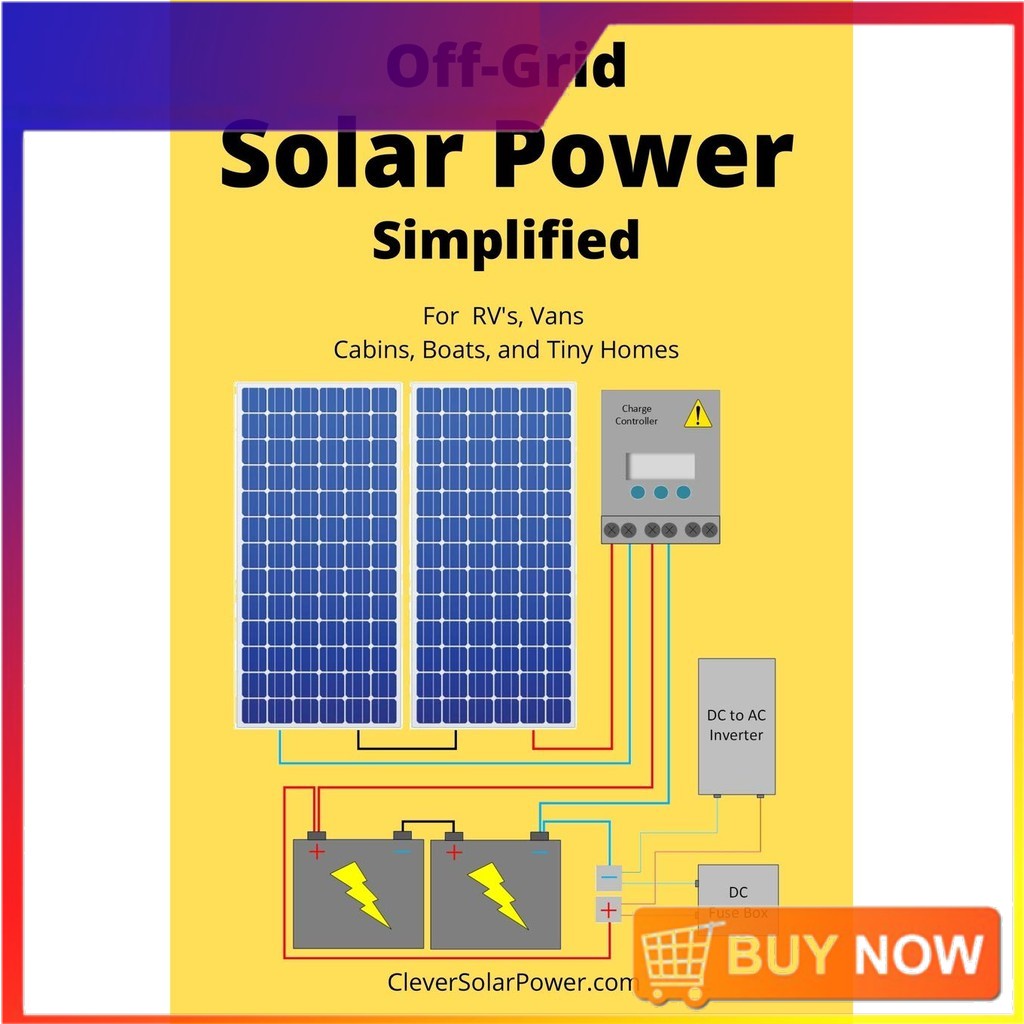
Solar Savings: Unveiling Lucrative Energy Incentives
As the world shifts towards sustainable energy solutions, solar energy incentives play a pivotal role in encouraging adoption. This article delves into the various incentives available, exploring how they make solar power more accessible, cost-effective, and beneficial for both individuals and businesses.
Government Tax Credits and Rebates
One of the primary solar incentives is government tax credits and rebates. Many governments offer financial incentives to individuals and businesses investing in solar energy systems. These incentives typically come in the form of tax credits, reducing the amount of income tax owed, and rebates that provide direct cash back for a portion of the system’s cost. These financial perks significantly lower the initial investment required for solar installations.
Net Metering: Turning Excess Energy into Savings
Net metering is a crucial incentive that enhances the economic viability of solar energy systems. With net metering, solar system owners can feed excess electricity back into the grid, receiving credits on their utility bills. This effectively allows individuals to offset their electricity costs and, in some cases, even earn money by contributing to the grid during periods of high solar energy production.
Feed-in Tariffs: Guaranteeing Renewable Energy Income
In some regions, feed-in tariffs (FITs) provide a guaranteed income for solar energy producers. Under FIT programs, utility companies are obligated to purchase electricity generated by residential or commercial solar systems at a predetermined rate. This financial incentive ensures a steady income stream for solar system owners, making solar energy a more attractive investment.
Solar Renewable Energy Certificates (SRECs)
Solar Renewable Energy Certificates (SRECs) offer a market-based incentive for solar system owners. For each megawatt-hour of electricity generated by a solar system, an SREC is issued. These certificates can be sold on the open market, providing additional revenue for solar system owners. SRECs create a valuable commodity out of the environmental benefits of solar energy production.
Property-Assessed Clean Energy (PACE) Financing
PACE financing is an innovative incentive that allows property owners to finance solar installations through a special assessment on their property taxes. This mechanism removes the upfront cost barrier, enabling property owners to invest in solar energy without a significant initial financial burden. Repayments are made over an extended period, often aligning with the lifespan of the solar system.
Utility Incentive Programs and Grants
Many utility companies offer their incentive programs and grants to encourage the adoption of solar energy. These incentives may include cash rebates, low-interest loans, or direct grants to offset the cost of installing solar systems. Utility-led initiatives play a crucial role in supporting the transition to clean energy within their service areas.
Green Energy Certifications and Benefits
Obtaining green energy certifications, such as the Leadership in Energy and Environmental Design (LEED) certification, can open doors to additional incentives. Buildings and businesses with green certifications may qualify for tax incentives, grants, or preferential treatment in various regulatory processes. These incentives further incentivize the integration of solar energy into sustainable and environmentally conscious practices.
State and Local Incentives
In addition to federal incentives, many states and local governments offer their unique programs to promote solar energy adoption. These incentives can vary widely and may include additional tax credits, rebates, or performance-based incentives. Checking with local authorities and understanding regional programs can uncover valuable opportunities for solar savings.
Solar Leasing and Power Purchase Agreements (PPAs)
Solar leasing and Power Purchase Agreements (PPAs) present alternative financing models that can make solar energy more accessible. With solar leasing, individuals or businesses can lease a solar energy system, paying a fixed monthly fee. PPAs involve a third party financing, installing, and maintaining the solar system on a property, with the property owner purchasing the generated electricity at an agreed-upon rate.
Educational and Community-Based Incentives
Some incentives go beyond financial benefits, focusing on education and community involvement. Educational programs, community solar initiatives, and cooperative purchasing programs bring communities together to learn about and collectively invest in solar energy. These initiatives often result in shared benefits, increased awareness, and a sense of community empowerment.
Explore more about Solar energy incentives and unlock the full potential of solar savings for a sustainable future.



